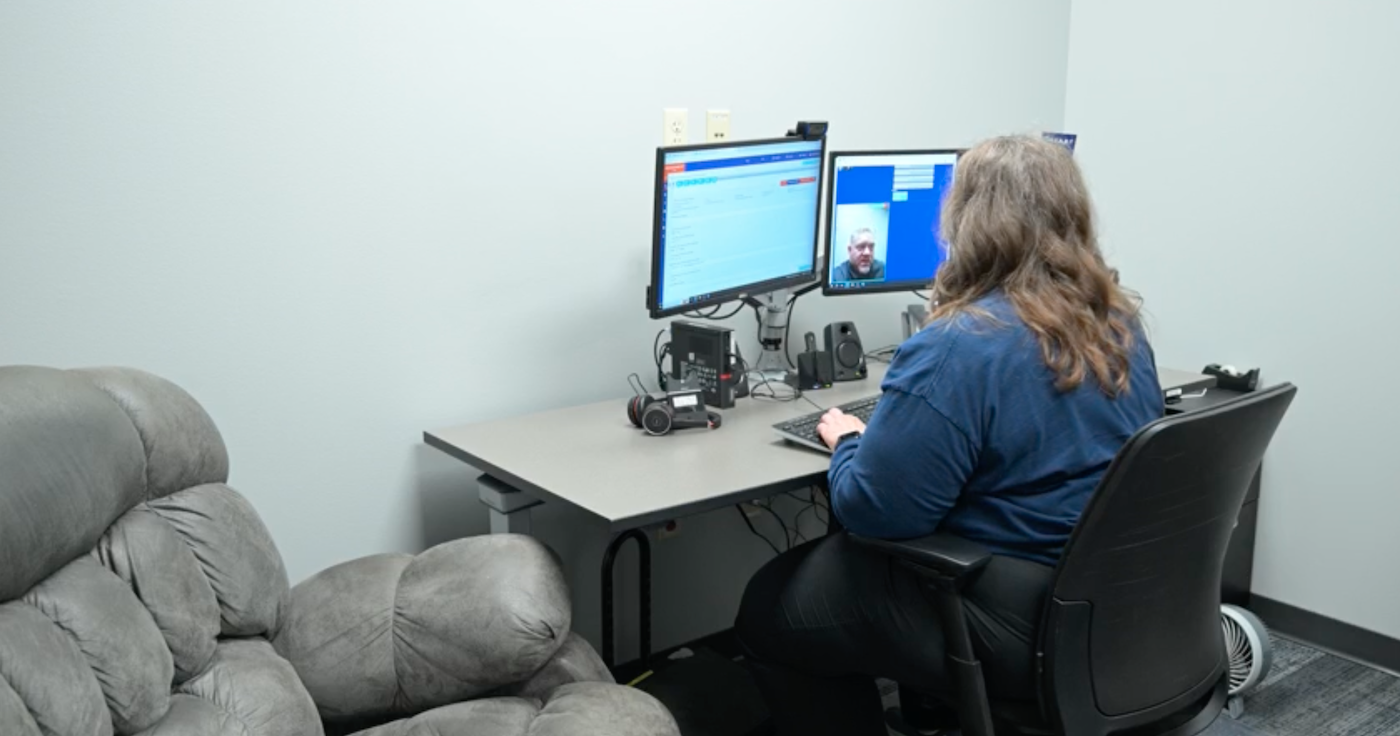Wyoming Police Partner With Remote Counselors for Mental Health Calls

Addressing Mental Health Crises in Wyoming
Wyoming’s mental health safety net is facing significant challenges. The state's system often lacks sufficient services, and the stigma surrounding mental health care continues to prevent many individuals from seeking help. This situation can lead to people in crisis not receiving support until law enforcement becomes involved.
Police officers and sheriff deputies are not trained as social workers or clinicians, which means that interactions with individuals in mental health crises can sometimes result in arrests, further worsening their conditions, or even tragic outcomes. Recent incidents involving police shootings and jail deaths highlight the urgency of addressing this issue.
In larger American cities, there has been a growing trend of pairing police agencies with trained mental health professionals who either accompany officers on calls or replace law enforcement responses entirely. However, in Wyoming, where the landscape is vast and municipal budgets are limited, such approaches have not yet gained traction.
Law enforcement officials across the state are increasingly recognizing the need for change. Sweetwater County Sheriff John Grossnickle noted that mental health-related calls are now a daily occurrence, emphasizing the growing problem.
To address this challenge, a new pilot program has been launched using a $2.4 million grant from the Helmsley Charitable Trust. This initiative allows law enforcement agencies across Wyoming to access trained clinicians through a smart tablet. The program is designed to provide real-time support for officers dealing with individuals in crisis.
Officers can use the technology to consult with clinicians about how to approach a person experiencing a mental health crisis or connect them directly with a counselor. This approach has already been implemented in several areas, including Sweetwater County and cities like Green River, Rock Springs, and Lusk.
Five additional sheriff’s departments, including those in Laramie, Park, Big Horn, Platte, and Sublette counties, are in various stages of training to join the program. Similarly, police departments in Powell, Lovell, and Wheatland are also preparing to participate. Enrollment in the program is optional, but the funding could cover up to 70% of Wyoming’s departments over the next two years.
The Helmsley Charitable Trust, known for its investment in rural healthcare programs, provided the grant to the Wyoming Association of Sheriffs and Chiefs of Police. The trust has also funded similar initiatives in South Dakota and Nevada, where calls are handled by Avel eCare, a telehealth company based in South Dakota.
In Green River, the program began at the start of June. Sgt. Lars Nandrup shared examples of successful interventions, including a case where officers connected a suicidal individual with a remote counselor, preventing a potential tragedy. Another instance involved a woman who was able to create a plan for hospitalization after speaking with a counselor.
While the program has shown promise, it is not a perfect solution. In situations where individuals are experiencing severe mental health episodes, handing over a tablet may not be practical. However, the tool remains a low-cost option for addressing a high-cost issue.
Debra Hinkle, who lost her son in a tragic incident involving law enforcement, supports the program but acknowledges its limitations. She believes that while telehealth is better than nothing, its long-term impact remains to be seen.
Additionally, the program offers officers access to counseling, which can help them manage the trauma they experience during their work. This support can contribute to reducing the burden on county jails and saving taxpayer money. In South Dakota and Nevada, the program has led to significant cost savings.
As Wyoming continues to grapple with the challenges of mental health care, the role of state lawmakers will be crucial in determining the future of such initiatives. Governor Mark Gordon has made mental health a priority, advocating for increased investment in social services.
The success of this program will depend on continued support and collaboration between law enforcement, mental health professionals, and state leaders. As the pilot program unfolds, it will be essential to monitor its impact and adapt as needed to ensure that individuals in crisis receive the care they need.
Post a Comment for "Wyoming Police Partner With Remote Counselors for Mental Health Calls"
Post a Comment